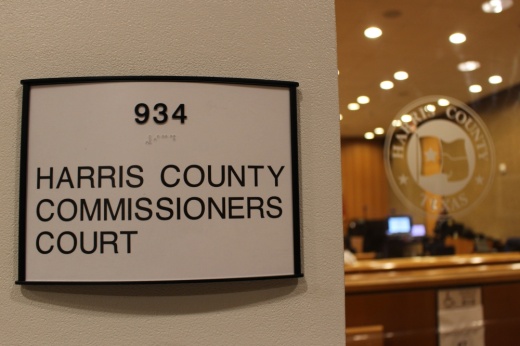How we got here: State Rep. Ann Johnson, D-Houston, filed House Bill 130 in November to create six additional district courts for Harris County. The bill will be considered in the ongoing 88th Texas Legislature, which ends May 29. HB 130 has not yet been considered by legislators, according to the Texas Legislature Online.
Quote of note: “Today’s court dockets allow for roughly five minutes with each individual. ... It’s untenable, unjust and unfair to all parties,” Johnson said in a March 14 news release.
By the numbers: According to Judge Latosha Lewis Payne, who presides over the 55th Civil District Court in Harris County and addressed commissioners on March 14:
- 122,000 cases are currently pending in Harris County.
- 68% of the county’s pending cases are family, juvenile or civil court cases, while 32% are criminal felony cases.
- 65 new courts—39 criminal courts, 19 civil courts and seven family courts—would be needed to fully address the county’s need, according to the Texas Office of Court Administration.
- $16.9 million annually; plus
- An additional $30 million or $140 million to create the courts, depending on if the county opts to renovate existing facilities or build completely new facilities, respectively. Some of this cost would be funded through the county’s interest and sinking tax rate.
“We're putting ourselves in the hole $17 million [annually],” Hidalgo said. “It's just not responsible. It's like we're choosing one project that we just decided to fund.”
The big picture: On March 14, commissioners approved other measures related to the county's court case backlog, such as:
- Directing the county’s Intergovernmental and Global Affairs department to work on obtaining state funding for the additional six courts;
- Instructing the Office of Justice and Safety and the Office of County Administration to draft a proposal on best courtroom practices for lowering the backlog of cases and reducing cosst for the county; and
- Charging the Criminal Justice Coordinating Council with crafting a plan for increasing indigent defense representation by Public Defender's offices to at least 50% by fiscal year 2024. This plan will be presented on July 1.





